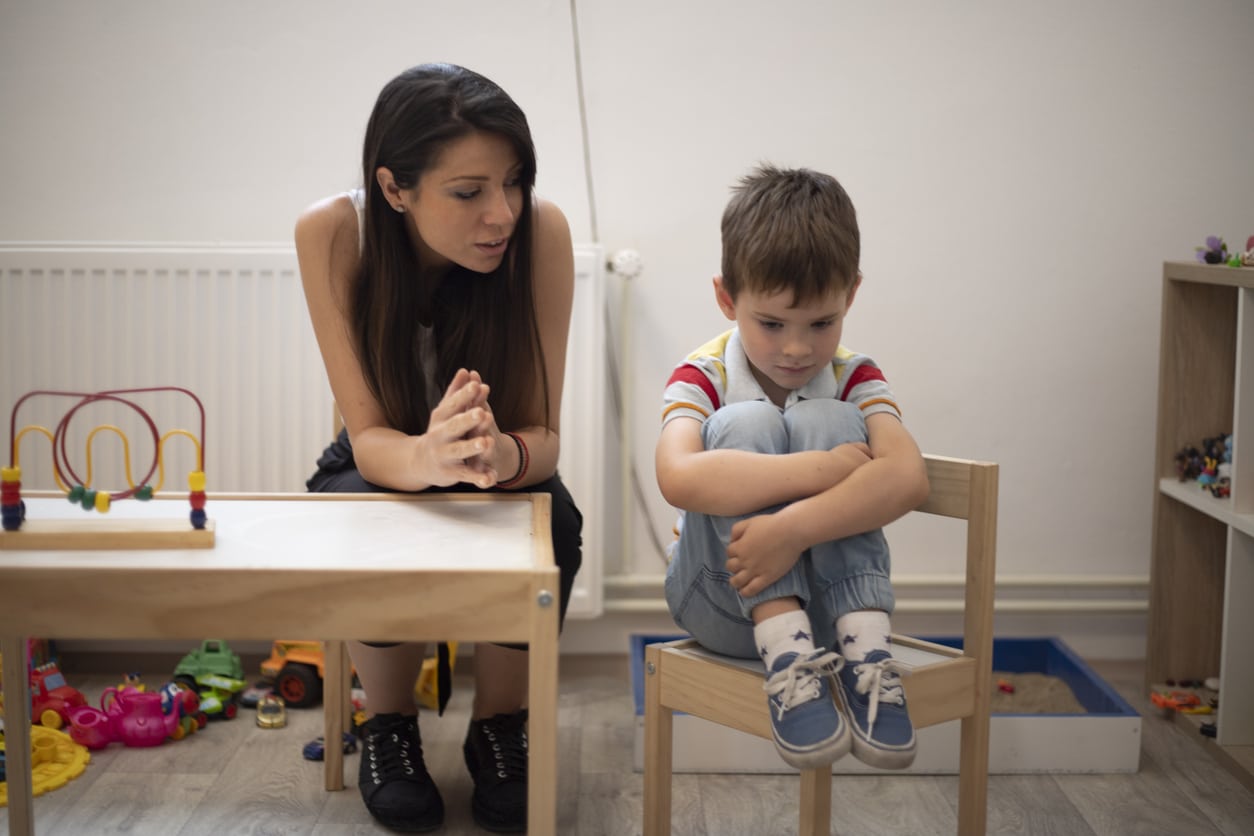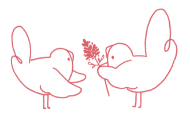Autism and Dealing with Change

As we look forward to #Crushing2023 we begin to re-examine good habits and routines that we have let slide throughout the past year. We have a chance to get back on track and reset. We love the ability to hit the reset button every January 1st. However, let’s challenge ourselves and children in 2023 to think beyond just re-establishing old habits and embrace CHANGE!
Autism and Routine Changes
Routine changes can be especially difficult for individuals with autism as they may not understand the need for change. Developing a plan and explaining why changes are necessary is key to helping children with autism adapt to new routines. Establishing an environment of trust and providing predictability will help make transitions easier. Sticking to established structures, like a strict bedtime routine and providing warnings before transitions can help those with autism adjust, as well as provide them with the time and space they need to process the change. Creating an atmosphere of understanding and patience during routine changes is essential for helping individuals with autism cope with the stress of new situations.
Tips on How to Manage Autism and Change
Embracing change requires a little extra effort but we want to encourage you to take the leap! If your child has a hard time with change, be proactive and prepare them ahead of time. Here are some helpful steps to prepare your child with autism to embrace change in routine or plans.
- Use a visual that represents “change” in general. This can be a picture or illustration.
- Show the visual to your child before you are about to do something different.
- Reinforce your child frequently during the change, either verbally or with a tangible reinforcement like a favorite snack or access to an electronic device they enjoy. You know your child best so this will vary with each child.
Let us be careful not to get stuck in the same old routines and do things the same way all the time. The more you can help your child adjust to change, the more prepared they are for life experiences.
Examples include:
- Taking different routes home from school
- Going through the grocery store in a different order
- Going to different restaurants on different nights
- Using different utensils, plates, napkins, etc. during meal times
- Sit in different places at the dinner table
Can ABA Therapy Help with Autism and Change?
ABA therapy, or Applied Behavioral Analysis can be a powerful tool for helping children with autism cope with change. Board Certified Behavior Analysts (BCBAs) use techniques like reward systems, positive reinforcement, and visual cues to help children with autism adapt to routine and environment changes. It can also help build social and communication skills to talk through change, as well as encourage independence and self-confidence.
It is very easy to be bound by our routines and the reality is they do make life easier; however, we all know life is not always routine. Let’s help our children be prepared for the changes that life will throw at them this year. If your child is struggling to cope with change, Empower Behavioral Health can help. Our applied behavior analysis programs for autism can help your child better adjust to changes in routine or environments. Contact us today to learn about our ABA therapy services here.

